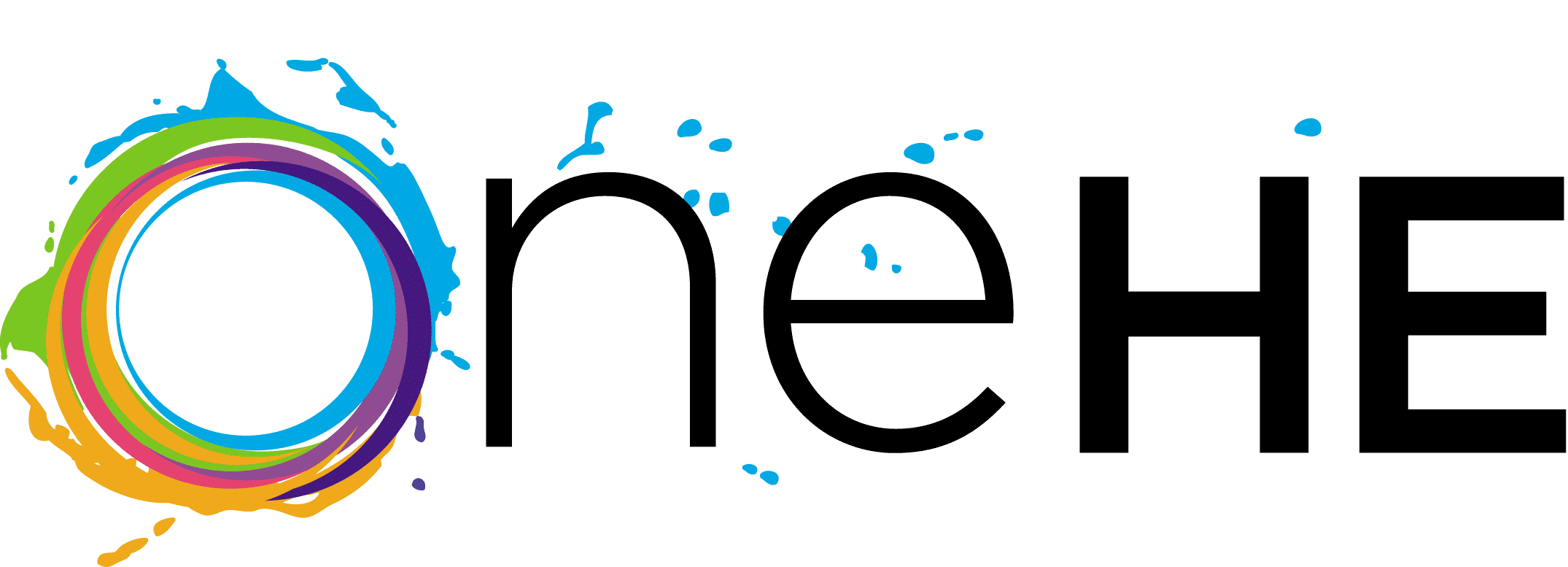Click here to view the video transcript
We link our creative academic practice to critical pedagogy, see Paulo Freire, championing the idea that education should allow students time and space, to regain their sense of humanity, to become in the sense of Deleuze and Guattari, academics. Our students are not empty vessels to be filled with knowledge. They are co-producers, and social constructors, empowered when in dialogue with knowledge claims, and with each other, and especially through exploratory writing. If academia is only presented as a search to find the right answer, we circumscribe, and control our students’ thinking and action. Agency is denied, creative power inhibited. We want a more mutual approach to education and writing, that values all people: educators and students. Viewed through this lens, we wanted to consider more carefully, and reflect more critically, on academic writing, and how to support academic writing. Writing is a process. We write to explore, to understand, to think through ideas. We write to learn. Of course academic writing is typically formally constructed, but it is useful to see writing in stages: the journey out where we explore and thank, and the journey back, where we shape and form it, where it becomes academic.
What is academic writing?
Writing is ‘mark making’ (Abegglen, Burns, & Sinfield, 2018). It is a sensory and physical experience as well as an act of expression and communication. It is a process – carrying something across from thinking to paper. It helps us understand and communicate our ideas. Writing then is not just a linguistic or semantic activity but a socio-political one, especially for those entering academia and trying to find their voice (Abegglen, Burns, & Sinfield 2022).
Academic writing is an engagement with one’s epistemic community: it is playing with ideas, theoretical, and research findings; it is having something to say. However, academic writing is usually conceptualised as something to master: a final text that conforms to particular and specific academic conventions. Rather than fostering development, it becomes a door keeper, creating an obfuscatory and exclusionary academia, shutting out those students not familiar with academic discourse and customs (Lillis, 2001; Burns, Sinfield & Holley, 2004).
Murray (1972) calls writing a “process of discovery”- a way to learn about and evaluate the world as well as a method of communication. This conceptualisation of writing suggests that successful academic writing practices are more than ‘showing what you know’: they are a way of learning about the subject. For Molinari (2022) academic writing is essentially about knowledge-making: it is a social practice where the product is not ‘concrete’ and ‘closed’ but pluralised, democratic and open to interpretation.
Taking these arguments forward, the teaching of writing, including by discipline staff, needs to move beyond the ‘testing’ of knowledge. Writing practice needs to initiate students into their (new) disciplines and academia. The writing tasks and activities designed to draw students into this ‘conversation’ with their subjects need to be authentic and engaging (Göpferich, 2016) to pique curiosity, encourage participation, and provoke creativity. Writing then is a process of investigation, discovery and thinking where ideas need to simmer before they are ready to be served (Elbow, 1981; 1998).
Abegglen, S., Burns, T. and Sinfield, S. (2022). Supporting university staff to develop student writing: collaborative writing as a method of inquiry, Journal of Learning Development in Higher Education, 23.
Abegglen, S., Burns, T. and Sinfield, S. (2018). Drawing as a way of knowing: visual practices as the route to becoming academic, Canadian Journal for Studies in Discourse and Writing/Rédactologie, 28, pp. 173-185.
Burns, T., Sinfield, S. and Holley, D. (2004). Outsiders looking in or insiders looking out? Widening Participation in a post-1992 University, in J. Satterthwaite, E. Atkinson and W. Martin (Eds.), The disciplining of education: New languages of power and resistance. Stoke on Trent: Trentham Books, pp. 137-152.
Elbow, P. (1998, 2nd). Writing without teachers. Oxford: Oxford University Press.
Elbow, P. (1998). Writing with power: Techniques for mastering the writing process. Oxford: Oxford University Press.
Göpferich, S. (2016). Writing centres as the driving force of program development: From add-on writing courses to content and literacy integrated teaching. Journal of Academic Writing, 1(1), pp. 41-58.
Lillis, T. (2001). Student writing, access, regulation, desire. London: Routledge.
Molinari, J. (2022). What makes writing academic? Rethinking theory for practice. London: Bloomsbury.
Murray, D. (1972). Teach writing as a process not a product. The Leaflet, 71(3), pp. 11-14.


Discussions
Did you struggle to master the conventions of academic writing either as a student or professor? What helped you overcome those challenges?
Please share your thoughts and questions in the comments section below.